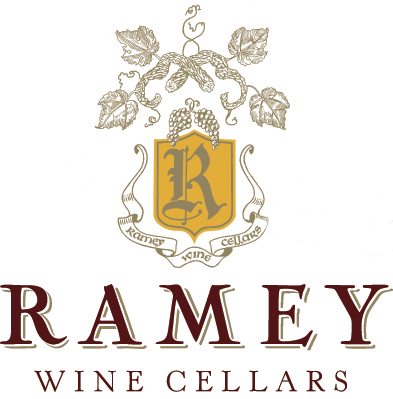Age-Worthy Wines

Ramey Wine Cellars makes wines that stand among the best in the world. We produce Chardonnay, Pinot Noir, Cabernet Sauvignon, and Syrah from top vineyards in Sonoma and Napa.
We are located in Healdsburg, California; join us for an intimate exploration of these wines.
Follow Us @RameyWineCellars
Instagram Feed Carousel here
Ramey Wines in the Press
Wine Spectator
Masters of California Chardonnay
Elite winemakers Mark Aubert, Paul Hobbs and David Ramey share two vintages each of their single-vineyard Sonoma Chardonnays
By Tim Fish
Decanter
Ramey: A family focus on Californian Chardonnay
Stephen Brook tastes the latest releases from Ramey to find that its reputation as a touchstone for world-class Chardonnay remains firmly in place.
BY STEPHEN BROOK

